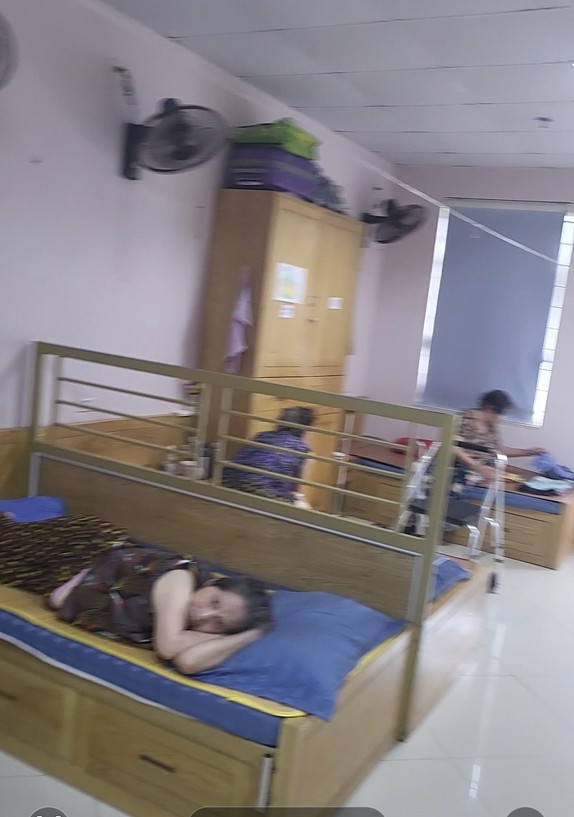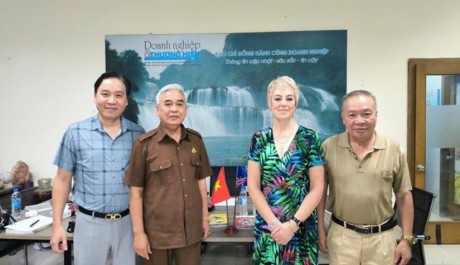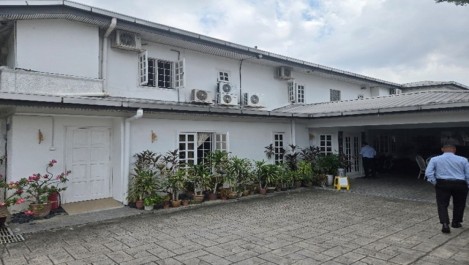We know the world is quickly ageing and equally the proportion of those able to provide care and caring is diminishing. We know that a third of older people will live and die with dementia, a debilitating and soul-destroying disease that in many countries is still not recognised.
The main focus of Kalandra is to improve caring of our vulnerable people, especially our aged. We do this by training as many people as possible and to achieve this we must extend this training to our international friends. This has meant meeting many people in multiple countries, with a current focus on Asia. One recent trip was to Vietnam.
Vietnam has a population of 101 million people making it the 15th most populous country. It is developing well with reasonable advances in education, infrastructure and now over 90% of the people have health insurance. However, within ten years it will be classed as an aged society with little provision nor understanding of this population. Currently less than 1% have access to a public facility as care of the elderly is still expected to be provided by family, This is unrealistic and becoming less likely to happen. Unfortunately, the number of care homes, whether public or private are insufficient and those that do exist are not places we would wish our mums to live in.
I had the honour of visiting one of the better places and quite frankly was devastated at what I saw. The people were clean and the skin looked to be in good condition, so basic tasks were performed, but there was absolutely no sign of caring, there was no privacy and certainly no evidence of person-centred care. There were 36 people in this small room with one care giver. These people were placed here to die and yet they had life.
I think of New Zealand where, thankfully, we offer comfort, empathy, love and caring. We provide the human touch in the form of massage, use aromatherapy and music to provide comfort and most of all, we are present.
From this room I visited a ward which consisted of two rooms, one was a common room which included a meal area and a lounge and about six metres by four meters. It was the living area for eight women with dementia who were locked into this area and who did not leave, at all. Their sleeping area had little privacy, each bed separated by a short wooden partition and no room even for small personal treasures, but it was clean. There are few activities provided, no rehabilitation, no stimulation and they have never heard of diversional therapy.
It is unusual for an outsider to be allowed to visit these places, so this was indeed an honour and people are trying. Being a care giver is seen as low work and pay is very poor, just as it was in New Zealand many years ago. New Zealand has been here and I am so grateful that our mums get so much better now. There is a great deal of work to be done to improve how this vocation is seen and value those who provide the care and caring. The training that Kalandra provides will help.


Back to News






